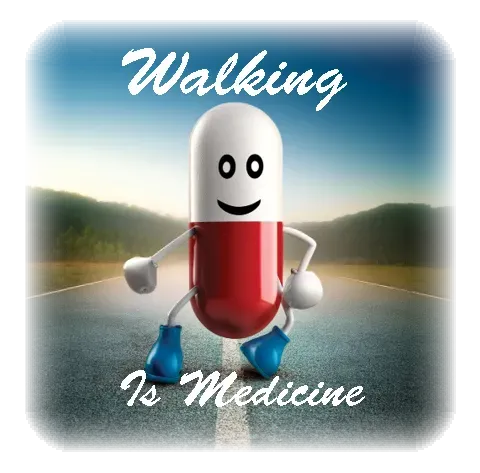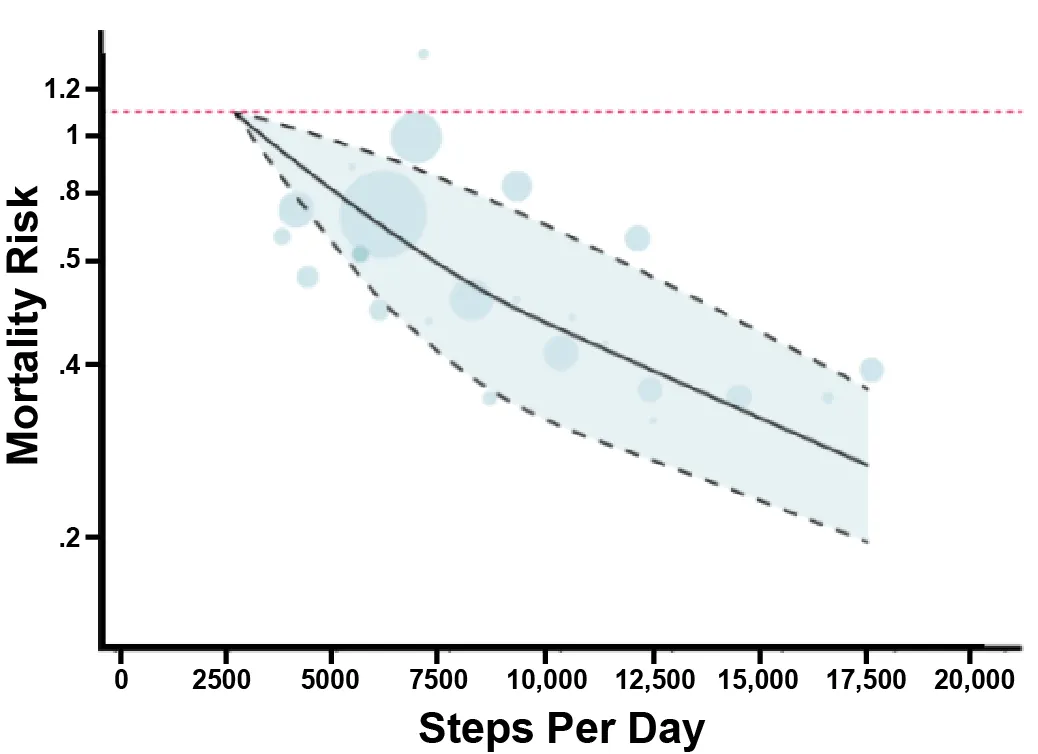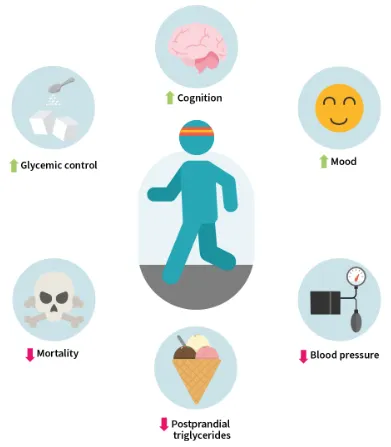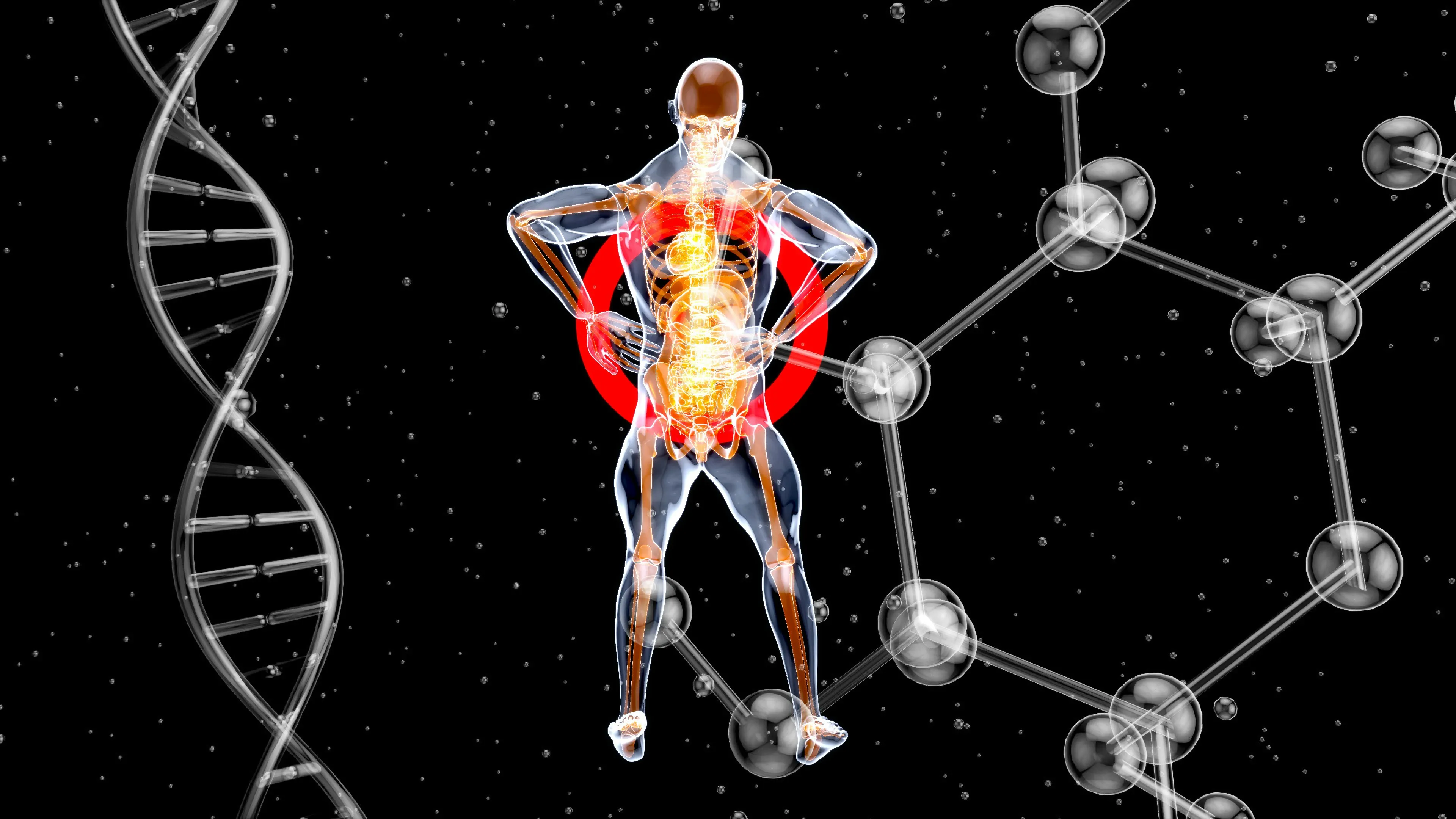STEP IT UP
Step It Up:
Unlock the Power of Walking for a Healthier Life
In today's fast-paced world, everyone seems to be chasing the next big thing—a magic pill to fix it all. But what if I told you there’s already something that can help you lose weight, boost brain function, reduce injury risk, and lower the likelihood of nearly every major illness? The answer isn’t a pill—it’s walking.

The Evolution of My Thinking
Fifteen years ago, I would have said, “Walking’s better than nothing, but more intensive exercise is where the real benefits lie.” I was wrong. Research consistently shows that walking delivers profound health benefits, regardless of other activities you might do.
Walking and Longevity
A recent meta-analysis highlights a key finding: increasing daily step counts significantly reduces the risk of all-cause mortality. Even small increases in steps yield measurable benefits. For example, a study published on PubMed found that higher step counts are associated with lower mortality rates across various populations.

https://pubmed.ncbi.nlm.nih.gov/36976556/
The Role of Walking in Fitness
While strength training remains my top recommendation for overall fitness, walking is the perfect complement. It’s low-intensity, promotes recovery, and integrates seamlessly into your routine. This makes it an ideal activity for anyone looking to enhance their health without overexerting themselves.
The Benefits of Walking

The Benefits of Walking
Walking offers an impressive range of health benefits, which can be categorized into several key areas:
Physical Health
- Improved Blood Sugar Control [1]: Regular walking helps regulate blood sugar levels and reduce insulin resistance.
- Reduced Triglycerides [2]: Walking can lower triglyceride levels, reducing the risk of heart disease.
- Lower Systolic Blood Pressure [3]: Consistent walking helps manage blood pressure, reducing the risk of cardiovascular diseases.
- Fat Loss [4]: Walking is an effective way to burn calories and aid in weight loss.
- Joint Health: It strengthens joints and improves mobility, reducing the risk of osteoarthritis.
- Eases Arthritis Pain [5]: Walking can help alleviate arthritis symptoms by strengthening joints and improving lubrication.
Cognitive and Emotional Health
- Improved Cognitive Function [6]: Walking increases blood flow to the brain, enhancing cognitive abilities and reducing the risk of dementia.
- Improved Mood [7]: Regular walks can boost mood by releasing endorphins, which act as natural mood elevators.
Immune System
- Strengthens Immune Function [8]: Walking can enhance immune response by stimulating the circulation of white blood cells.
How to Apply This
Here are some practical tips to incorporate more walking into your daily routine:
- Aim for 10,000+ Steps/Day: While any increase in steps is beneficial, aiming for 10,000 steps per day can yield significant health improvements.
- Take Short Walks: Break your day into short walks, which may be more effective than one long walk.
- Walk After Meals: A short walk after meals can improve blood sugar control and aid digestion.
- Start Your Day with a Walk: Begin your day with an outdoor walk to boost mood and energy levels through natural light exposure.
Conclusion
Walking is simple but powerful. It’s not just “better than nothing”—it’s essential for long-term health. So lace up your shoes, step outside, and start reaping the benefits today. Walking is not just exercise—it's a life-changing habit. Start today, one step at a time!


